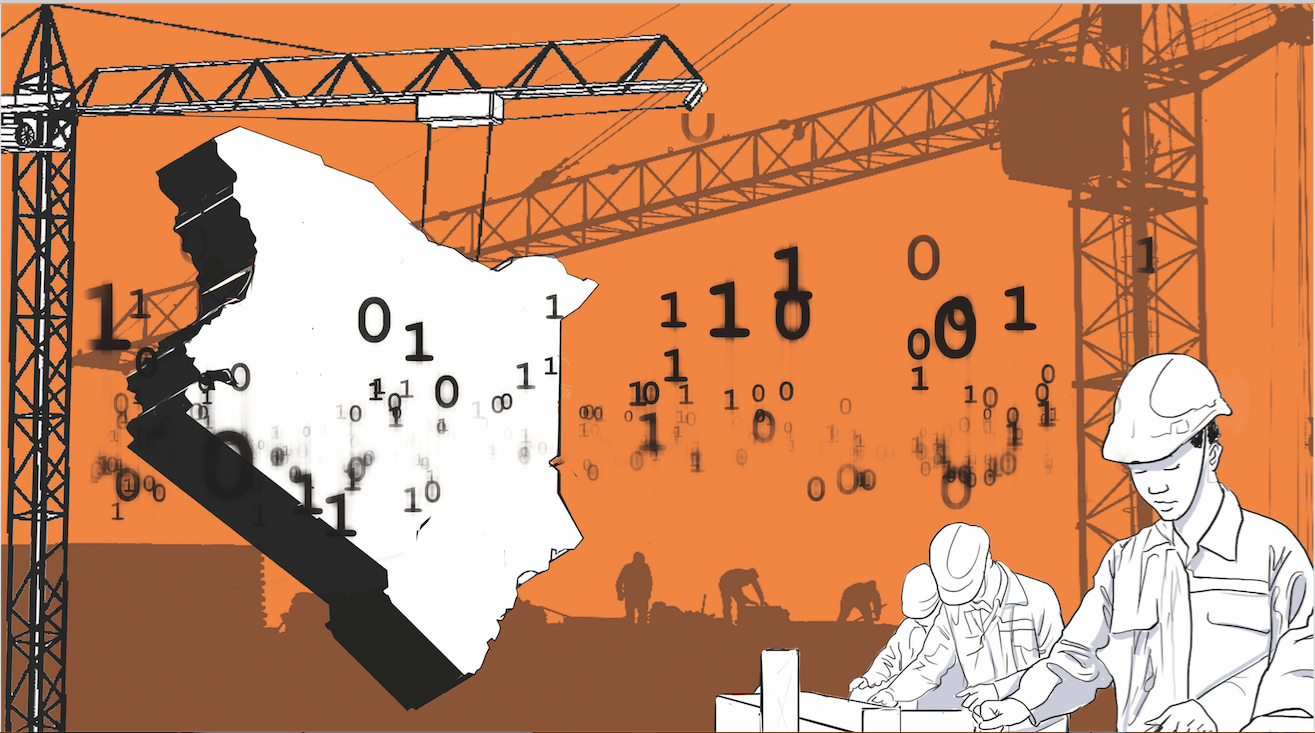

In the next few weeks, God willing, I will
sit in a tech accelerator. Around me will be some of the brightest minds I have
met. We will all be working to build the next great tech innovation for Kenya,
for Africa and for the world.
As I thought about this, one truth became clear. Context matters. Not only what we build or how we build, but where we build. Where we build shapes everything.
Case studies, open-source code and startup playbooks are now only a click away. For a young developer in Nairobi, the world feels close. But proximity can distort perspective. A founder reads about a success story in San Francisco and thinks, “Why not here?” They copy the interface, match the pricing, design an onboarding flow, raise some money, launch—and wait.
And wait.
Months pass. Sign-ups are slow. Feedback is vague. The bank account runs low. The conclusion is often that people here do not understand the product. That is rarely the problem.
The Silicon Valley model was not made for Nairobi. It was not built for markets where users share phones, where income is daily and not monthly, where M-Pesa charges per transaction, and where even successful businesses have no website or accountant. Yet we keep applying its logic here, assuming that if it worked in Palo Alto, it should work in Pipeline. When it fails, the blame is placed on the user, the market or the country. More often, the fault lies in the assumptions.
In the United States, software is paid for monthly on a card. In Kenya, many businesses manage cash flow on paper, in memory or across multiple mobile lines. They have no capacity for recurring billing. Money comes fast, goes faster and is always needed elsewhere.
A well-designed app charging Sh1,500 a month may offer value but still struggle to gain traction. Not because it is poor quality, but because it demands a rhythm that does not exist here.
M-Pesa changed everything, but it also normalised micro-transactions, each with a cost. While cards in the West make subscriptions frictionless, M-Pesa adds friction to every interaction.
For developers, this is a paradox. The system that made mobile money possible also makes software adoption harder. Every payment becomes a decision. Every renewal becomes a question. That matters.
Kenya is not a blank canvas. It is a layered economy with its own logic. A founder who understands this has an advantage in context. The matatu driver does not need a fleet management app. He needs to know how much he made today, how much went to fuel, and how much the police took.
The mama mboga does not want inventory software. She wants a way to avoid wasting spinach before it wilts. Understanding these needs is harder than writing code, but it is the only way to build something that works here.
What makes Nairobi powerful is not the chance to become a new Silicon Valley. It is the chance to become something else entirely. Something original. Something adaptive. Something that grows in constraint because of constraint.
That journey will not be guided by startup hype from abroad. It will be shaped quietly by people who listen, who build with the market, not only for it.
Success here will look different. It may be slower. It may be less flashy. It will be real. So to young builders in Kenya: dream, code, build, break, repeat. But do not lie to yourself. You are crazy if you build it like it is Silicon Valley. That may be your greatest advantage.













![[PHOTOS] 30 missing as rescue continues in Elgeyo Marakwet mudslide](/_next/image?url=https%3A%2F%2Fcdn.radioafrica.digital%2Fimage%2F2025%2F11%2F75a26195-578e-4133-b047-a2dce6b05d69.jpg&w=3840&q=100)
